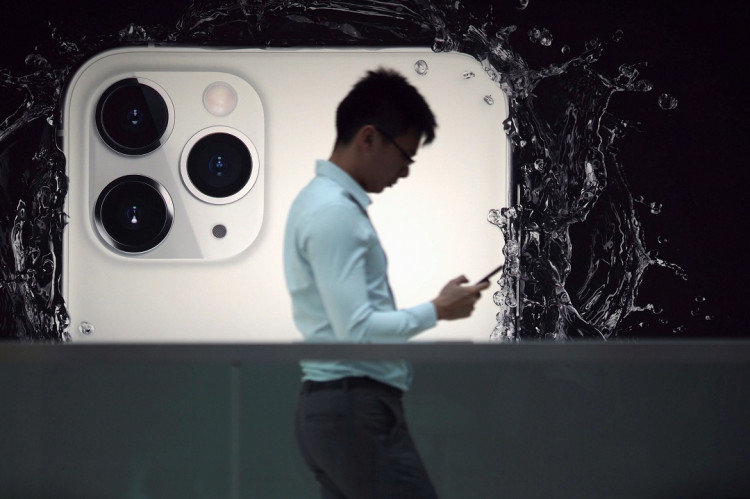A couple of years after the Cupertino tech giant ditched Imagination Technologies, the UK-based chip designer, and it seems that Apple is singing a new tune. Both companies announced that a new deal is now on the table. Unfortunately, the exact terms of the new license agreement were not disclosed.
In a brief statement, Imagination Technologies stated, "multi-year, multi-use license agreement" that started in 2014 and which was ended by the iPhone maker in 2017, will be replaced by "an agreement under which Apple has access to a wider range of Imagination's intellectual property in exchange for license fees." The Cupertino company will pay Imagination Technologies to access its intellectual property, instead of simply depending on the chips made by the Hertfordshire company.
In the past agreement, Imagination technologies provided the graphics processing units (GPUs) that powered some of Apple products. Although GPUs are crucial in providing high-quality photos, in 2017, Apple announced that it would create its own chips based on an independent and separate graphics design. The decision, according to Apple, was because of its aim of controlling its own products and reducing its dependence on third party companies.
For Imagination, which treated Apple as its major customer, the news of losing the company sent shares tumbling to as much as 70 percent to a seven-and-a-half-year low. Additionally, the valuation of Imagination fell to £250m from £750m ($329m from $987m) before the announcement. Shortly after, Imagination Technologies began a dispute resolution procedure with Apple on the ground that the Cupertino company had not offered any evidence that it could develop its own graphics processing chips without infringing the patents, confidential information, and intellectual property of Imagination.
"Imagination believes that it would be extremely challenging to design a brand new GPU architecture from basics without infringing its intellectual property rights," stated the UK-based company at the time. The current agreement seems to settle the previous dispute. Apple recently announced that it would pay $1 billion to purchase the 5G modem division of Intel. Under the terms of the agreement, around 2,200 engineers will move to Apple from Intel, which will give Apple a wide range of patents to cellular standards, modems, and wireless technologies.
The recent license agreement with Imagination Technologies also hints that Apple might use its intellectual properties like graphics processing chip and artificial intelligence to its future products. It would be much helpful if we have some details on the latest license agreement. But, since we don't have any, it is safe to assume that future iPhones and iPads might feature some of these Imagination Technologies' IPs.






